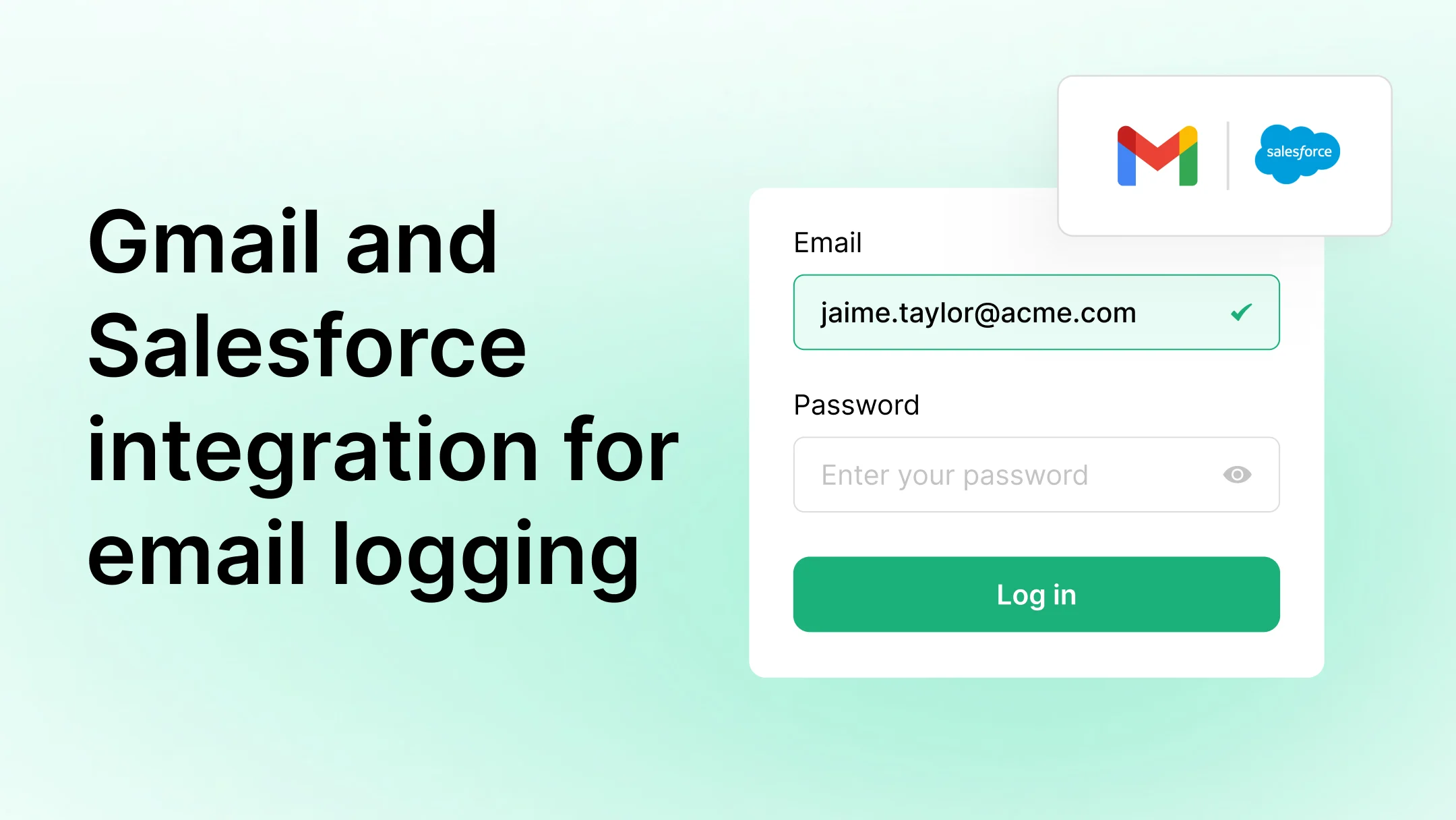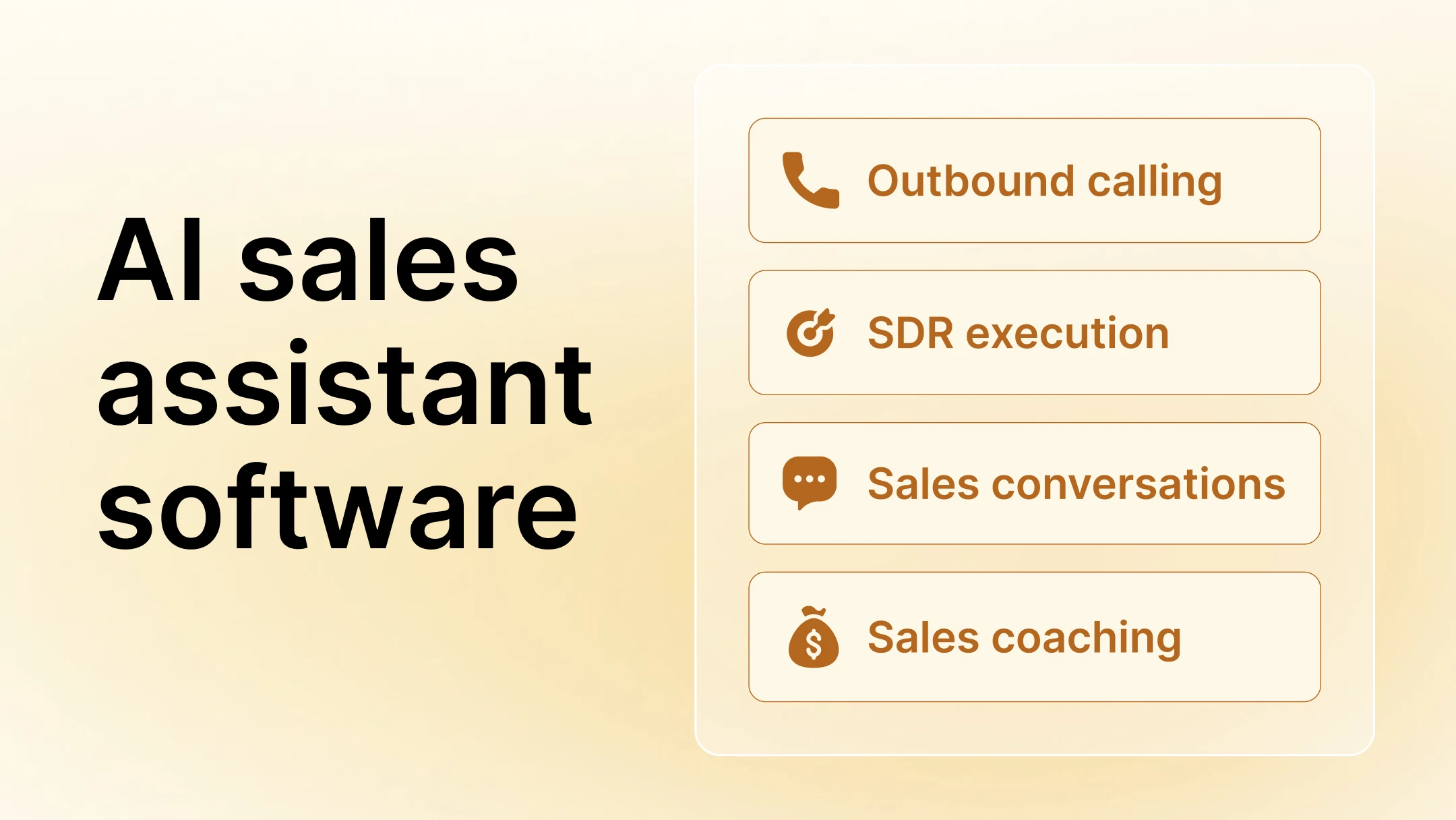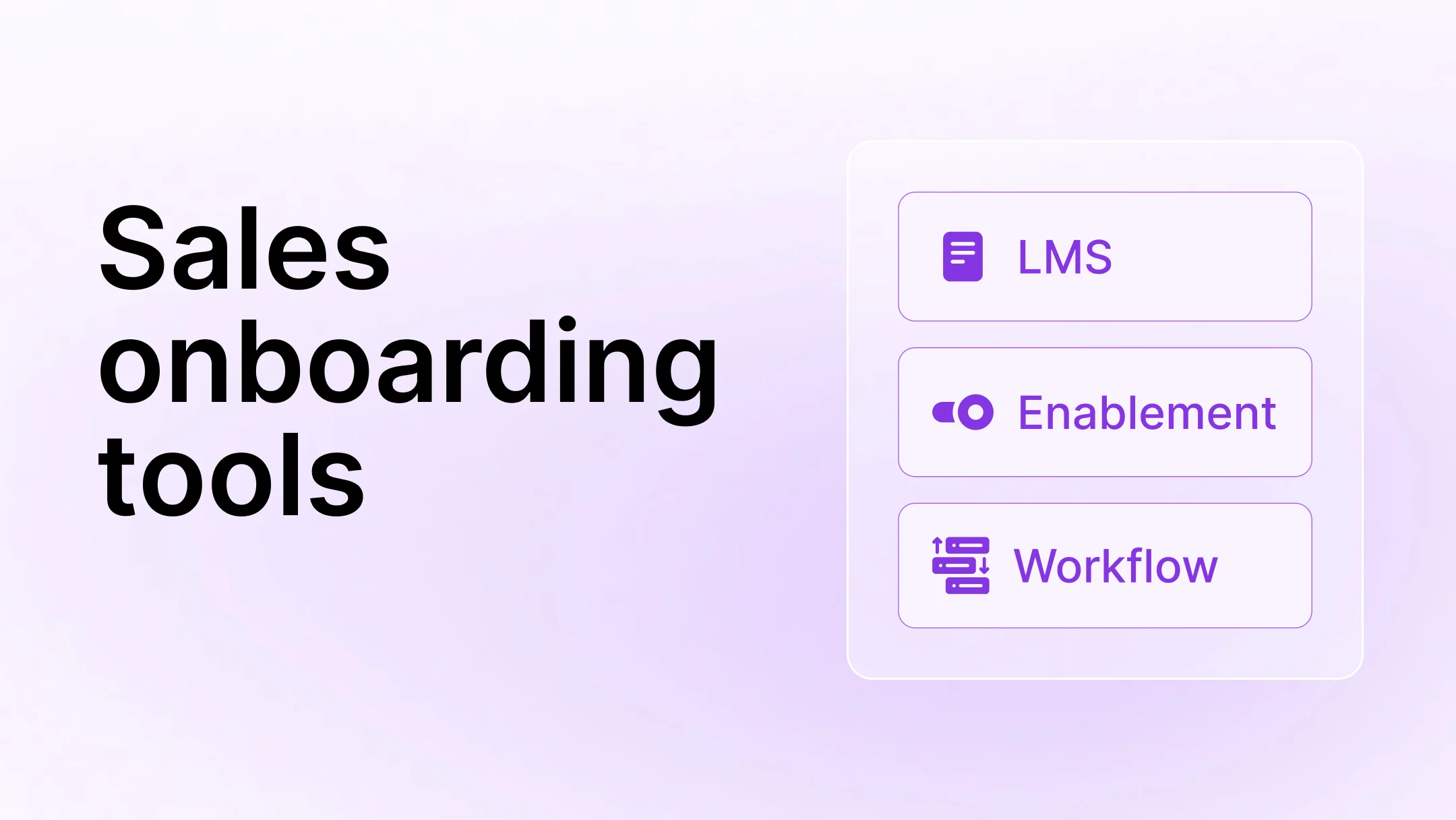How to coach your reps at different deal stages
Table of Contents:

As a sales leader, one of the key questions you're constantly grappling with is how to distribute coaching time and effort. How can you help each member of your team maximize their sales potential? What's the ideal balance between coaching on early-stage deals versus late-stage deals and small versus large deals?
In this blog post, we'll look at this critical issue. But first, let's set the stage with a broader understanding of what the early and late stages mean and the expectations at each stage.
Early stage vs. Late stage coaching
There's a significant difference in approach between early and late-stage deals. A sense of exploration and discovery characterizes early-stage deals. During this stage, reps spend their time identifying potential opportunities and qualifying them. Given the preliminary nature of these deals, the outcomes are typically less certain. Consequently, these deals are usually smaller in volume and less complex. It's a phase of scouting or qualifying an inbound opportunity and exploring a fit.
Conversely, late-stage deals are fundamentally different. These deals are typically larger in scope and closer to signing off. The stakes are higher, and the deal dynamics demand more strategic thinking.
At this stage, reps need to demonstrate their negotiation skills. They should deeply understand the product or service they're selling, the prospect’s needs, and the competitive landscape.
The complexity of these late-stage deals requires higher expertise and knowledge. Thus, these deals can benefit significantly from the guidance and input of an experienced leader.
Understanding the nature of sales deals at different stages helps in the optimal distribution of coaching effort and time.
Early-stage deals require more basic inputs, setting up of a process, and some role plays, whereas late-stage deals require deeper involvement, advanced negotiation workshops, and customer insight sessions.
Knowing when to provide coaching and what type of coaching is needed can significantly enhance the probability of closing deals effectively and efficiently.
Distributing your coaching time as a sales leader
Leading a sales team is not just about supervising and ensuring they meet their targets. It goes beyond this to nurturing talent, identifying potential among team members, and providing coaching to help them reach their full capabilities.
Knowing where to focus your efforts involves deciding which deals require the most attention based on their stage and size.
Focusing on all deals might be tempting, but allocating resources in a targeted way could lead to better results. Identifying which deals have the highest potential, understanding the buyer's behavior at varying stages, and prioritizing them are vital to managing effort and time effectively.
Base it on deal size and deal stages
Your coaching efforts directly impact the quota attainment of your team and the organization's Annual Recurring Revenue (ARR). It comes down to balancing a volume of smaller ticket deals and the right mix of big-ticket opportunities, which can bring substantial recurring revenue to the organization.
The key is how you distribute their coaching time.
Working with some top sales leaders, we see that the most remarkable sales leaders have mastered allocating their coaching time based on deal stage and size. They understand that not all deals are alike, and each will require a different amount of time, resources, and coaching.
They plan and distribute their coaching time strategically to work on different deals based on their importance and revenue potential. This selective focus and strategic allocation of coaching time ensures you can give each deal the attention it deserves, ultimately increasing the successful deal close rate.
Coach wide, not deep in early stages
There are notable differences in approach when dealing with early-stage and late-stage deals, as well as between small and large deals. While every deal is crucial in business, the smaller deals may require less coaching time.
This is because the strategies and processes that work for smaller deals can often be streamlined and repeated.
Coaching does not automatically imply that you must participate actively in every discovery and demo call booked by your reps. In contrast, the most successful sales leaders hardly engage in such early-stage calls.
When it comes to smaller deals, the primary focus of top leaders is often on enhancing their sales reps' skills in certain areas. These areas can include product knowledge, cold-calling, and lead qualification.
The ultimate goal here is to empower the reps to be more efficient and effective in closing deals independently.
Adopt a strategy of coaching wide, instead of deep, for early-stage deals. This means directing your expertise and efforts towards a large scope of opportunities rather than channeling your focus and resources intensely on specific deals in the pipeline.
As such, when you have a team of AEs working on several deals daily, it's practically impossible to have deep coaching coverage on every sales call. Even if you’ve invested in conversation intelligence software, there are too many calls to keep track of, and it’s impossible to listen to all calls manually.
This is where having an AI Coaching Assistant by your side helps. You predefine a set of parameters to evaluate all the sales conversations; AI listens to all the calls and scores them based on those evaluation parameters.

The best part is you get 100% coverage on all calls across the board, thus making manually listening to calls redundant. Also, you don’t have to get deeply involved in the initial stages of every deal, but at the same time, ensure the quality standards are set.
Automating coaching with Avoma’s AI Coaching Assistant for the early stages has helped sales leaders get coverage for 86% more opportunities every week than their counterparts, contributing to a 34% increase in ARR.
The idea is to save precious time, have a process to oversee a larger number of calls and offer your reps objective feedback that helps them hone their skills independently and asynchronously.
Join calls in the later deal stages
The narrative changes significantly as the deals reach the mid and later stages. During this phase, deals often become more complex, demanding greater attention to detail and expertise.
This is the stage to deeply understand prospect requirements and increase your involvement.
This is the stage where you can use your conversation intelligence platform more deeply. For example, you can get insights into valuable information like the common questions prospects bring up, their most frequent objections, pain points, competitors, or business needs. It will help you identify patterns and gaps to improve their win rate at scale.

At the rep level, with a platform like Avoma, you can set up more granular Scorecards to facilitate peer-to-peer coaching at this stage. For example, you can go deep as agenda setting during the sales conversation. You can define a five-point scale to measure what great agenda-setting looks like. The idea is to establish an objective way of measuring reps' performance without letting subjectivities come into your coaching.

In these high-stakes deals, your seasoned judgment and advanced skill set are crucial. Therefore, more coaching effort and time are allocated to these areas to ensure the deal is successful and profitable.
At this stage, you become more active by joining calls, discussions, and meetings, becoming an integral part of the team spearheading the deal. This increased involvement allows you to be more hands-on in strategy formulation and decision-making, thereby influencing deal closure.
Involving deeply at this stage means providing valuable insights based on your extensive experience and industry knowledge, which can be a game-changer in deal negotiations. In addition, you get more granular in giving feedback on the tactics employed by your AEs and offer guidance, enhancing their capability to steer the deal forward.
Your mere presence at the critical stages of the deal can make a massive difference as it demonstrates your commitment to the deal's success and boosts the reps' morale.
Ultimately, it’s about balancing your coaching efforts
Coaching deeply solely for later-stage deals or based on deal size may lead to deals falling through the cracks. Conversely, focusing only on small deals may result in missed opportunities for significant ARR growth.
It comes down to adapting to the needs of the team. If a rep is struggling with early-stage prospecting, then it might be beneficial to increase coaching efforts there.
If a rep struggles with the initial stages of prospecting, focusing more coaching efforts there might be beneficial. You can guide them through the process, helping them to identify qualified leads and effectively engage them.
Conversely, suppose a rep is adept at securing small deals but finds it challenging to close larger ones. In that case, they may need more focused coaching on strategizing and role-playing large deal negotiations.
This adaptable coaching approach will enable you to address team members' individual skills gaps and effectively prepare them to handle deals of all sizes. It not only improves the overall team's performance but also contributes to the professional growth of the reps, fostering an environment of continuous learning and improvement.
Summing up…
Sales coaching has many proven benefits. It is both a science and an art. It’s about identifying where your time and expertise will impact most and allocating your coaching efforts accordingly.
Remember, the best sales leaders practice what we’ve dubbed the 'coach wide early, join calls late' approach. They spread their coaching efforts over many early-stage opportunities while directly contributing to closing late-stage, more significant deals. They also effectively balance their focus on small and large deals, ensuring no missed opportunities.
However, the art of sales coaching goes beyond these strategic choices. It also involves understanding your team, recognizing their strengths and weaknesses, and tailoring your guidance to their needs.
Ultimately, this separates top sales leaders from the rest, and these are the practices you need to adopt to reach the same level of success.
Frequently Asked Questions






What's stopping you from turning every conversation into actionable insights?









